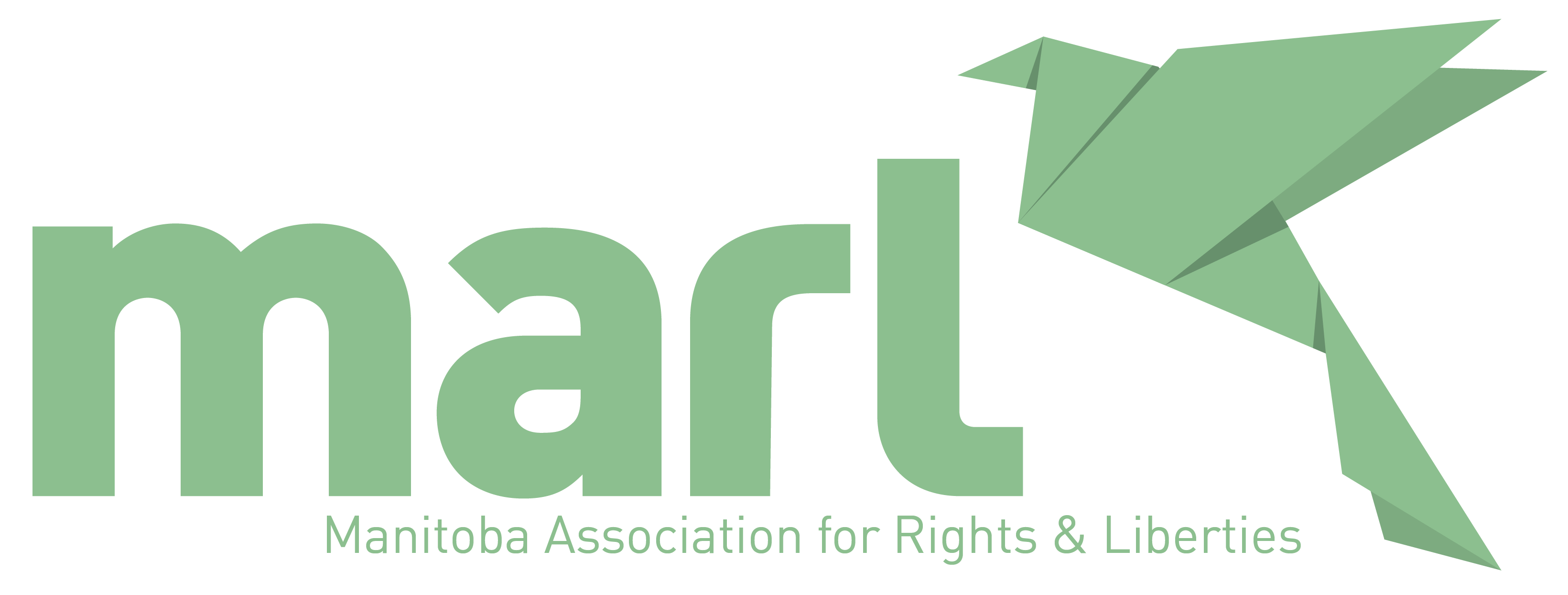January 28, 2019
Activist Highlight: Tyler Blashko
As an Assistant Director with Wayfinders Tyler works with people from diverse backgrounds. His work with students pushes for change, improvement and challenging the status quo.
1. How did your organization start?
Wayfinders, was created 10 years ago to increase graduation rates in particular neighborhoods in Seven Oaks community. It is a partnership primarily between Seven Oaks School Division and the Provincial Government.
2.What type of social problems are you interested?
I work primarily in the education system at the high school level. The areas I engage in are around how youth are able to find success in school. This involves helping youth navigate systems, access the resources they are entitled to and creating environments where they can feel empowered to make positive choices for themselves.
3. Why do you think they are important?
The education system intersects with many other systems impacting youth including Justice, Immigration, CFS & INAC. If we can acknowledge this reality, find proactive ways to work with and challenge these systems (including education itself), I believe we can meaningfully improve their experiences in the education system. This work within the education system includes broadening what success can mean, seeing learning outside the classroom as legitimate as well as recognizing and integrating traditional skills meaningfully in the education system.
4.What inspired you to continue working for social change?
Reciprocity in relationships is incredibly important. I couldn’t keep with the work I’m doing without surrounding myself with thoughtful collaborators, smart coworkers and youth who continuously put me in my place and educate me.
5.Do you consider what you do Human Rights work?
I think Human Rights inform but I do not let it limit the scope of the work. It can be a necessary starting point. It’s important to contextualize Human Rights with understandings of oppression, ongoing colonial power structures and intentional forms of marginalization.
6.What brought you to activism?
I would say it was gradual. I think I had ideas around justice before I really had the language. I remember becoming more political after 9/11, the wars in Afghanistan and Iraq. I remember one of my guidance counselors (shout out Mme. Roy!) insisting I attend a youth activism gathering at the University of Winnipeg. I think that was an important moment for me.
7.Why is your work so important right now?
I think working with young people will always be important. I’m fortunate to work in a community full of people with a diversity of backgrounds. Helping students navigate difference, recognizing commonalities and building positive relationships is something that I think is becoming more centrally important as communities grow and evolve.
you may also like…
April 18, 2024
From citizens to digital citizens
Social media provide an opportunity to communicate in multiple ways, just as never before in history. Nonetheless, there are dangers and risks as well. We should be aware of them to protect ourselves …
April 18, 2024
Des citoyens aux citoyens numériques
Les réseaux sociaux offrent la possibilité de communiquer de manières très diverses, comme jamais auparavant dans l’histoire. Néanmoins, ils comportent aussi des dangers et des risques. Il faut en être conscients pour nos …





